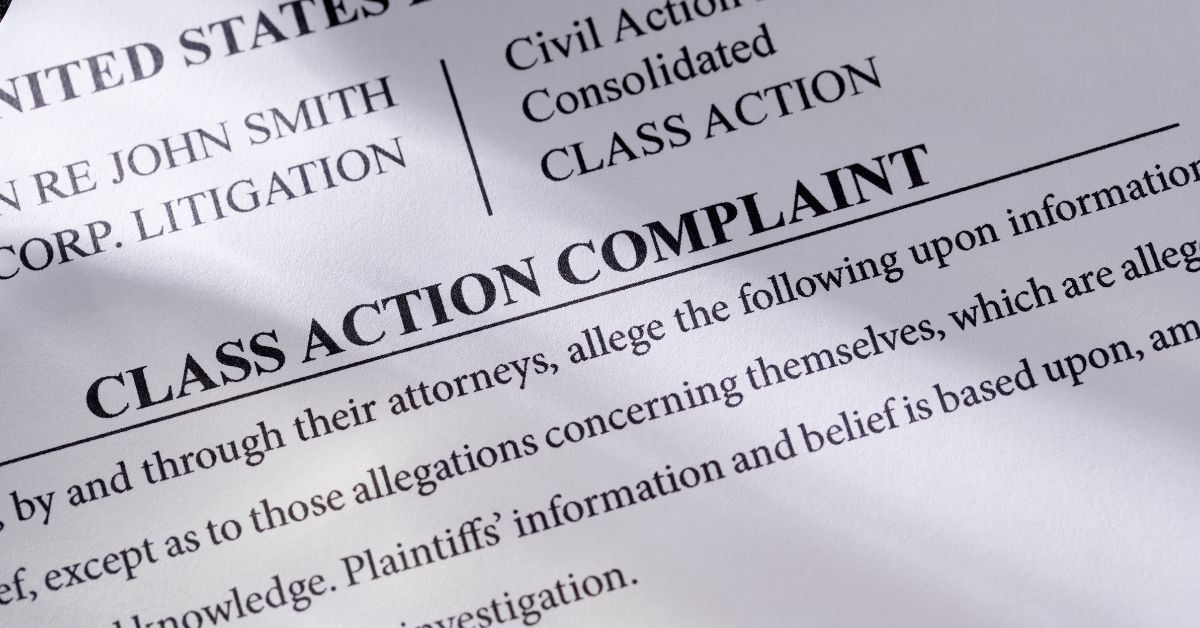Why Euthanasia Should Be Legal Essay
Why Euthanasia Should Be Legal Essay Introduction: In an era of remarkable medical advancements that prolong lives, individuals often find themselves in the twilight of existence or enduring conditions that would have been insurmountable in the past. Many of these individuals suffer both physically and emotionally, making their lives exceedingly challenging. Some, seeking relief from this torment, turn to euthanasia as a potential solution. Euthanasia offers a controlled means to end one’s life, ensuring a dignified and peaceful exit from suffering. While proponents argue in favor of euthanasia, opponents contend that it is ethically problematic and advocate for an increased emphasis on palliative care to support those confronting these issues. This essay delves into the complex issue of euthanasia, recognizing the growing role it plays in modern society. Ultimately, determining the place of euthanasia requires extensive research and discussion of the underlying ethical and societal issues.
Is Euthanasia a Solution to Poor Quality of Life?
Individuals often seek euthanasia because they perceive a poor quality of life, particularly when grappling with serious illness or the final stages of life. Various factors contribute to this perception, including physical deterioration, pain, loss of normal abilities, and emotional distress. Euthanasia is seen as a way out of this suffering, but it raises the question of whether addressing the suffering itself might be more appropriate. Palliative care, for instance, can identify an individual’s needs and work towards alleviating physical suffering while helping restore meaning to their life. This approach aims to enhance the quality of life, even in seemingly dire circumstances. However, it should be acknowledged that palliative care might not resolve all the issues faced by those contemplating euthanasia.
Does Euthanasia Offer the Best Quality of Death?
Euthanasia is also sought to achieve a good quality of death, which varies from person to person. Some desire control over the circumstances of their death to avoid burdening loved ones or to spend their last moments with clarity and dignity. Additionally, many wish to escape a painful death. Palliative care, as an alternative to euthanasia, aims to provide a peaceful, pain-free death. Pain management and continuous sedation can be effective in controlling pain and ensuring comfort. However, these methods may have adverse effects on the patient, and the line between continuous sedation and euthanasia can be blurred for some, raising ethical concerns.
Ethical Considerations Regarding Euthanasia
Euthanasia raises profound ethical dilemmas, with arguments both for and against its use. The act of intentionally causing death seems contrary to the principles of beneficence and non-maleficence, but some argue that relieving extreme suffering justifies this action. Determining when a life is no longer worth living becomes crucial; it depends on individual circumstances and the potential for improvement. Autonomy, the right to choose the time and manner of death, is also invoked as an ethical argument, though it may conflict with the idea that death itself erases autonomy. The capacity of individuals to make informed decisions, especially in the face of depression or other impairments, further complicates the ethical landscape.
Public Acceptability of Euthanasia
The acceptance of euthanasia varies among societies, influenced by socioeconomic and cultural factors. Public trust in the medical profession is paramount, as concerns about potential misuse of euthanasia can erode this trust. Legislation can provide safeguards to prevent abuse. The acceptability of euthanasia should be understood within the context of each society, as it may not be universally embraced.
Read More : What Legal Requirements When Selecting A Firearm For Hunting
Healthcare Professionals’ Views on Euthanasia
Healthcare professionals’ perspectives on euthanasia are vital, as they administer it. Doctors, especially those in end-of-life care specialties, may have reservations due to ethical concerns or religious beliefs. Nurses’ views are less researched, but some may support euthanasia as a compassionate option. The impact of euthanasia on healthcare professionals, including ethical dilemmas and emotional toll, must be considered.
Read More : How Is Chronic Guru Legal
Conclusion In
Conclusion, euthanasia remains a complex and controversial issue. While some argue in favor of euthanasia as a compassionate response to unbearable suffering and loss of quality of life, others contend that palliative care can provide alternatives. Ethical considerations, including autonomy, beneficence, and non-maleficence, play a central role in the debate. Public acceptability and healthcare professionals’ views vary among societies. Euthanasia raises profound questions about the value of life, the relief of suffering, and the balance between autonomy and ethical responsibilities. Further research and dialogue are necessary to determine euthanasia’s place in modern society, especially as more individuals face end-of-life decisions in an ever-advancing medical landscape.





